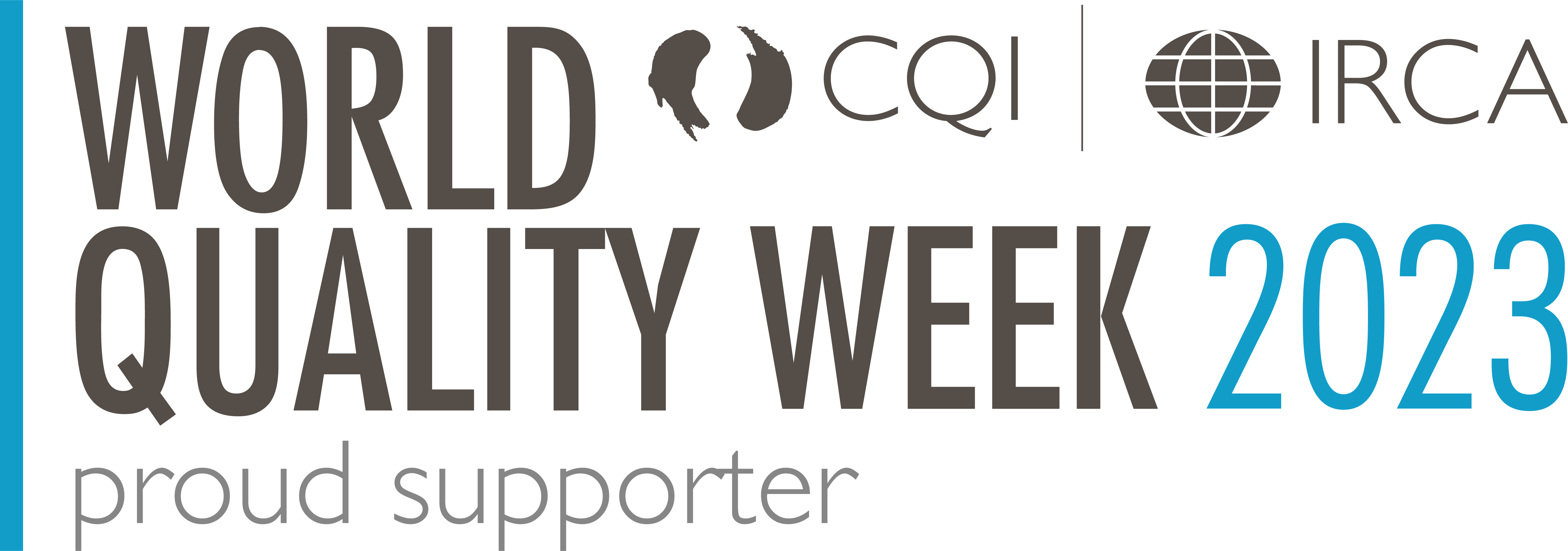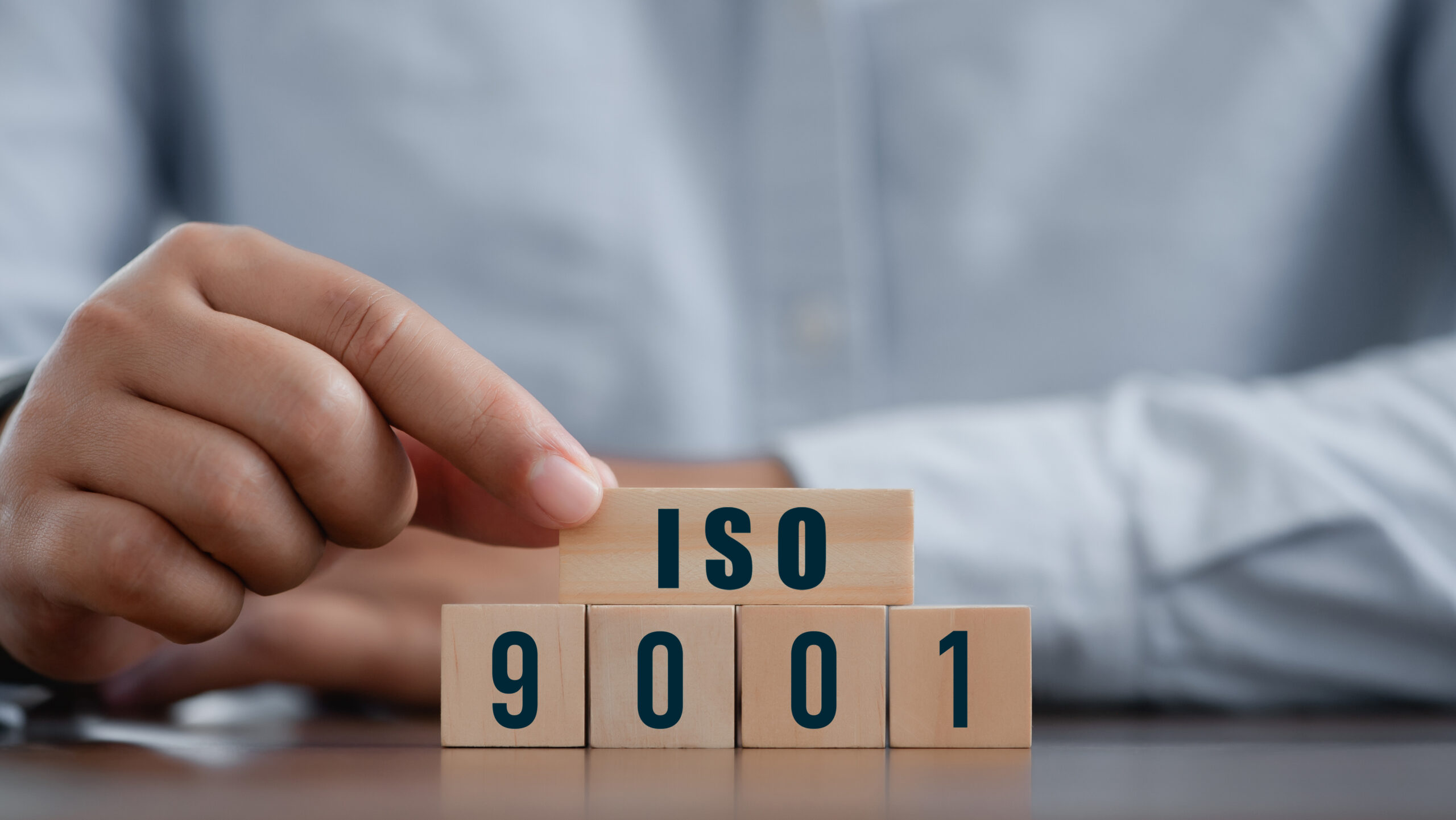
The Changing Role of ESG in Facilities Management and Supply Chains
With the UK one of the largest markets for Facilities Management (FM) services in Europe, FM professionals are critical to delivering safe, sustainable and high-performing environments where implementing sustainable practices is not an option anymore, it’s a must.
At the same time, as supply chains become ever more complex and dispersed, there are growing pressures to manage supply chain visibility and prevent costly disruptions or weaknesses.
As a result of this, Alcumus has seen:
- Businesses increasing prequalification requirements of contractors and suppliers to include issues such as modern slavery, financial stability, environmental checks, GDPR and more.
- Contractors increasingly being asked for additional information beyond health and safety.
Additionally, in extensive market research Alcumus conducted in 2021 with 450 medium and large UK businesses, we found that:
- Over three quarters of businesses had encountered instances where supplier performance had adversely affected their own business. ·
- During the last two years, almost 40% of businesses have found verification of the credentials of their supply chain has become more difficult.
- Over 80% of businesses are planning to improve their pre-qualification processes in the next two years.
So, what does the changing role of ESG, particularly in the supply chain, mean for Facilities Management providers as demand for FM services continues to pick up?1.
For the highly competitive and dynamic FM sector, worth £47.2 billion in the UK2, those who want to stay ahead of the game are carefully implementing ESG strategies as a primary focus within their own business and across the supply chain.
Although there is no ‘one-size-fits-all’ answer when it comes to understanding ESG risks, finding the framework that works best is likely to depend to some degree on the sector the business operates in and the nature of operations. These should be the ones that matter most to stakeholders across:
Environment: Carbon reduction, sustainable use of resources, waste reduction and recycling, pollution prevention control, and protection of healthy ecosystems.
Social: Equality and diversity, working and safety conditions, social value and community integration, employee duty of care, human rights, and investment in staff skills development.
Governance: Robust management structures, anti-bribery and corruption, the elimination of modern slavery, and compliance with all regulatory requirements.
High on the agenda for FM providers will be environmental factors (energy efficiency)3 as we move towards net-zero targets, and the impact of buildings that are responsible for:
- 40% of total EU energy consumption
- 36% of total EU greenhouse gas emissions
With a heavy reliance on migrant workers, the impact of Brexit and 55%of FM services saying there were still difficulties in sourcing workers, exposure to exploitation and modern slavery is a very real risk1.
With the UK one of the biggest destinations in Europe for trafficking of workers for labour exploitation, although it may happen inadvertently, organisations can be implicated in modern slavery both directly and indirectly. This could be through their own operations, their supply chains and their involvement with business partners. The use of temporary workers via third party agencies also increases risk.
One of the biggest challenges is data visibility, which has seen an unstoppable shift towards the use of technology to capture and shape sustainability performance and outcomes. ESG technology has therefore become pivotal to digitise processes that help to track, manage, report and improve sustainable outcomes in meeting goals such as:
- Compliance with relevant regulations and obligations
- Informed decision-making
- Promoting a sustainable culture
- Cost reduction
- Preventing financial and indirect costs of quality failures
- Demonstrating credibility and winning new clients
- Managing reputation
- Safe work behaviours
- Audit of continuous improvement
- Visibility into employees, contractors and supply chains
- Reducing administrative time
Recognising that data visibility is the key to intelligent analysis and timely, accurate decision-making helps to drive a deeper understanding of sustainability’s risks and opportunities. With insight, streamlined processes and continuous improvement, organisations can drive greater control and increased efficiency.
Helen Jones, Chief Operating Officer Enterprise at Alcumus:
“A company’s reputation is increasingly – and correctly – linked to its ESG approach, irrespective of sector and size. ESG priorities are now a core investment criteria, so data integrity and visibility have never been more important."
“Businesses need to prove they’re managing their operations without compromising on safety, sustainability or ethics, for their performance, their people and their supply chains. Successful ESG strategies rely on diverse data streams measured accurately and consistently across business units. The aim of sustainability is that it becomes part of your ‘core DNA’ so it underpins everything you do.”
Next Steps
The first step organisations can take to raising ESG standards in your supply chain is to ask the right questions to understand your level of risk.
Alcumus conducted a survey in 2021 of 450 businesses that employ more than 250 people across a range of sectors. You can benchmark your business against others of a similar size and industry, and pinpoint potential problem areas with our Risk Barometer. Answer a few quick and easy questions, and you’ll get the answers you need to make impactful changes.
Sources:
1 RICS UK Facilities Management Market Survey
2. FM sector, worth £47.2 billion in the UK
3. In focus: Energy efficiency in buildings | European Commission (europa.eu)
SUPPLY CHAIN COMPLIANCE
Identify risk in your supply chain
You know your business. How well do you know your suppliers?





